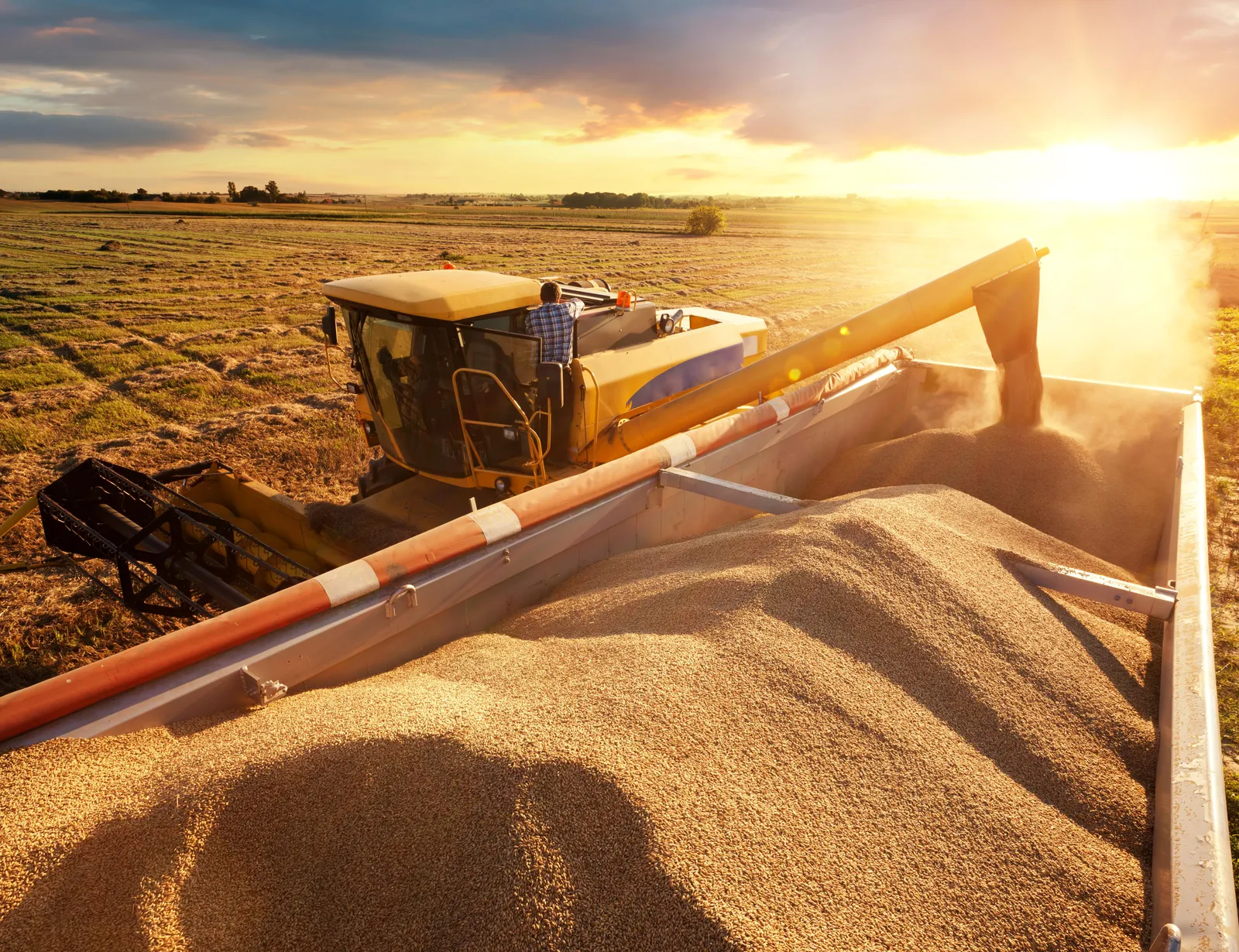Address
304 North Cardinal
St. Dorchester Center, MA 02124
Work Hours
Monday to Friday: 7AM - 7PM
Weekend: 10AM - 5PM
Address
304 North Cardinal
St. Dorchester Center, MA 02124
Work Hours
Monday to Friday: 7AM - 7PM
Weekend: 10AM - 5PM

Introduction to Sustainable Agricultural Crops Business
In today’s world, where environmental concerns are at the forefront, the concept of sustainable agriculture has gained significant traction. Sustainable agricultural crops business focuses on cultivating crops while minimizing environmental impact, preserving natural resources, and ensuring long-term viability. This article delves into the intricacies of sustainable agriculture and how entrepreneurs can venture into this green business domain.
Challenges in Traditional Agriculture
Traditional agricultural practices often lead to environmental degradation and depletion of natural resources. The heavy use of chemical fertilizers and pesticides contaminates soil and water sources, while monocropping depletes soil nutrients and increases vulnerability to pests and diseases. Moreover, conventional agriculture contributes to climate change through greenhouse gas emissions from machinery and chemical inputs.
Benefits of Sustainable Agricultural Crops
Sustainable agriculture offers a plethora of benefits, ranging from environmental conservation to economic prosperity. By adopting practices such as crop rotation, organic farming, and agroforestry, farmers can enhance soil fertility, promote biodiversity, and mitigate climate change effects. Additionally, sustainable agriculture fosters resilience to environmental shocks and ensures the availability of nutritious food for future generations.
Key Principles of Sustainable Agriculture
At the core of sustainable agriculture are principles aimed at preserving ecological balance and promoting long-term sustainability. Crop rotation helps prevent soil erosion and pest infestations, while soil health management techniques like composting and cover cropping enhance soil structure and fertility. Water conservation measures such as drip irrigation and rainwater harvesting minimize water waste and ensure efficient resource utilization.
Popular Sustainable Agricultural Crops
A wide variety of crops can be cultivated sustainably, catering to diverse consumer preferences and market demands. Organic vegetables like tomatoes, lettuce, and carrots are highly sought after by health-conscious consumers seeking chemical-free produce. Similarly, fruits such as strawberries, apples, and oranges, grown using sustainable practices, command premium prices in the market. Grains and legumes like quinoa, lentils, and chickpeas are also gaining popularity due to their nutritional value and eco-friendly cultivation methods.
Market Demand for Sustainable Agricultural Products
In recent years, there has been a surge in consumer awareness regarding the environmental and health impacts of food production. As a result, there is a growing demand for sustainably produced agricultural products. Consumers are willing to pay a premium for organic, pesticide-free, and ethically sourced food items, driving market growth in the sustainable agriculture sector.
Steps to Start a Sustainable Agricultural Crops Business
Venturing into sustainable agriculture requires careful planning and execution. Entrepreneurs should conduct thorough market research to identify consumer preferences, assess market demand, and analyze competitors. Choosing suitable crops based on agro-climatic conditions and resource availability is crucial for long-term success. Obtaining organic certifications and adhering to sustainable farming practices are essential for building credibility and gaining consumer trust.
Challenges and Solutions in Sustainable Agriculture Business
While sustainable agriculture offers numerous benefits, entrepreneurs may encounter challenges such as high initial investment costs, limited access to resources and technology, and marketing hurdles. However, innovative financing options, government subsidies, and collaborations with research institutions and non-profit organizations can help overcome these challenges and pave the way for a thriving sustainable agriculture business.
Success Stories in Sustainable Agriculture
Several successful sustainable farming businesses serve as inspiration for aspiring entrepreneurs. From small-scale organic farms to large agroecological enterprises, these businesses have demonstrated the feasibility and profitability of sustainable agriculture. By implementing innovative farming techniques, building strong community partnerships, and prioritizing environmental stewardship, these pioneers have carved a niche in the sustainable agriculture market.
Government Support and Policies for Sustainable Agriculture
Governments worldwide are increasingly recognizing the importance of sustainable agriculture and implementing policies to support farmers transitioning to eco-friendly practices. Subsidies, grants, and tax incentives are provided to encourage adoption of organic farming methods, conservation tillage, and agroforestry. Additionally, regulations promoting sustainable land management, water conservation, and biodiversity conservation are being enacted to safeguard natural resources and mitigate climate change impacts.
Technology and Innovation in Sustainable Agriculture
Advancements in technology have revolutionized the agriculture sector, enabling farmers to optimize resource use, increase productivity, and reduce environmental footprint. Precision farming techniques such as GPS-guided tractors, drone surveillance, and sensor-based irrigation systems enable precise application of inputs, leading to higher yields and lower production costs. Furthermore, biotechnological innovations such as genetically modified crops and biopesticides offer sustainable solutions to pest and disease management.
Collaboration and Networking in Sustainable Agriculture
Collaboration and networking play a crucial role in the success of sustainable agriculture initiatives. Farmers can benefit from sharing knowledge, resources, and best practices through farmer cooperatives, community-supported agriculture (CSA) networks, and online forums. Collaborations with academia, research institutions, and industry stakeholders facilitate technology transfer, research partnerships, and market access, fostering a supportive ecosystem for sustainable agriculture.
Future Trends in Sustainable Agriculture (continued)
The future of agriculture lies in embracing technological innovations, adopting regenerative practices, and promoting agroecological principles. Precision agriculture will continue to evolve with advancements in artificial intelligence, big data analytics, and robotics, enabling farmers to optimize resource use and minimize environmental impact. Moreover, the integration of regenerative farming practices such as agroforestry, conservation agriculture, and holistic grazing holds promise for restoring soil health, enhancing biodiversity, and sequestering carbon.
Conclusion
In conclusion, sustainable agriculture offers a holistic approach to farming that balances economic prosperity with environmental stewardship and social responsibility. By prioritizing soil health, biodiversity conservation, and resource efficiency, sustainable agricultural crops businesses can contribute to building a greener and more resilient food system. Entrepreneurs venturing into sustainable agriculture must embrace innovation, collaborate with stakeholders, and adhere to best practices to ensure long-term viability and success in this burgeoning industry.
FAQs (Frequently Asked Questions)